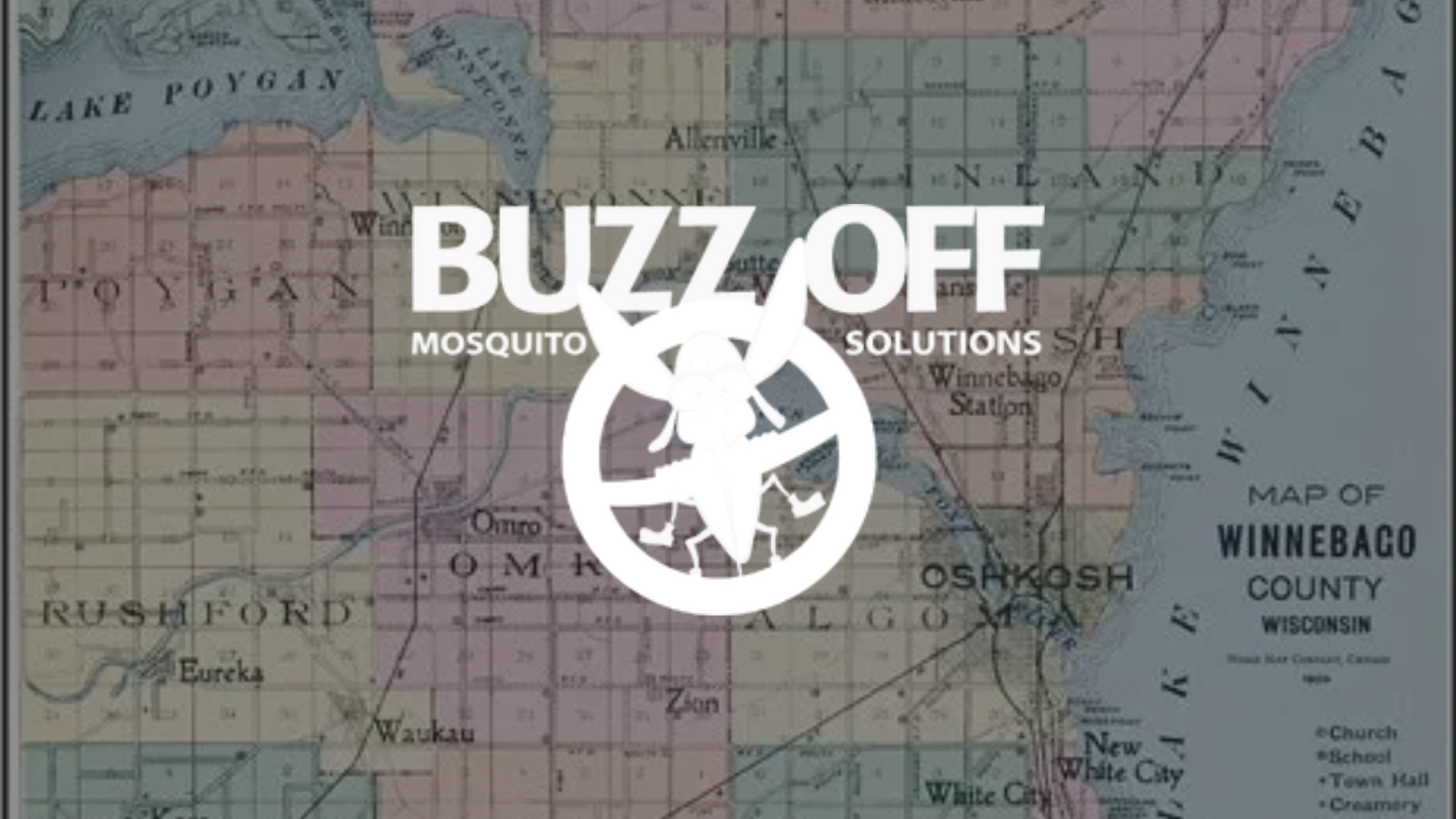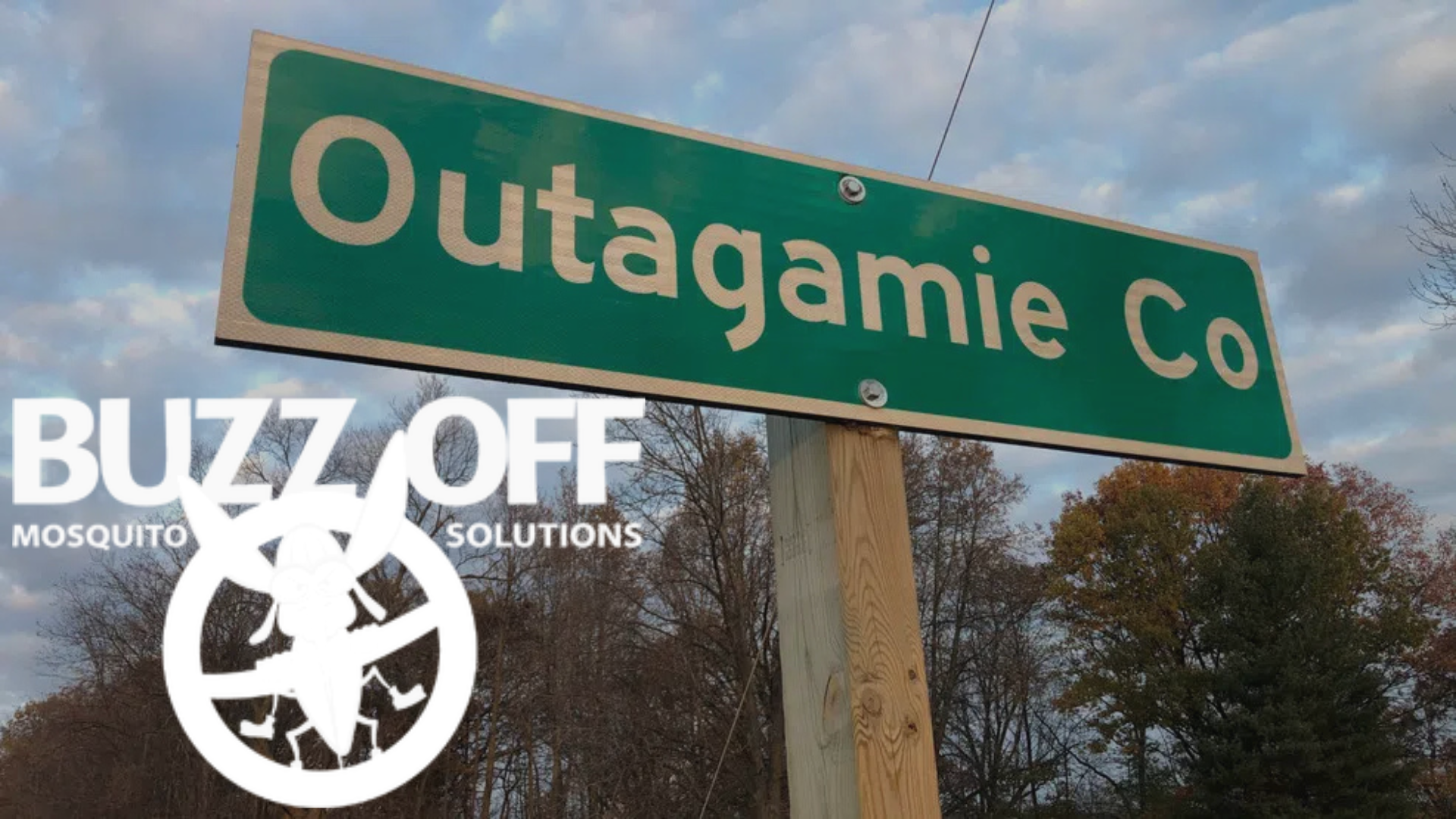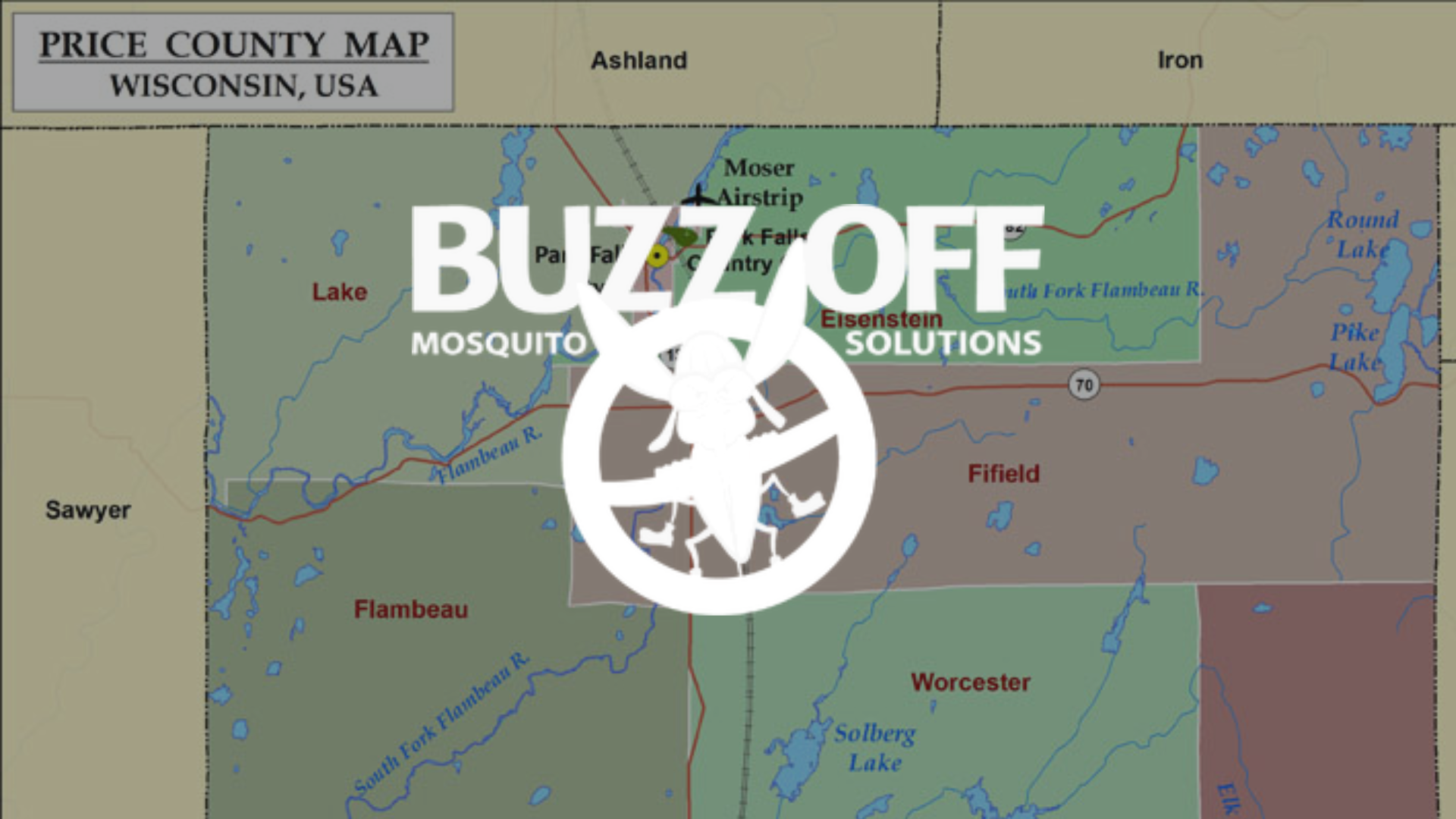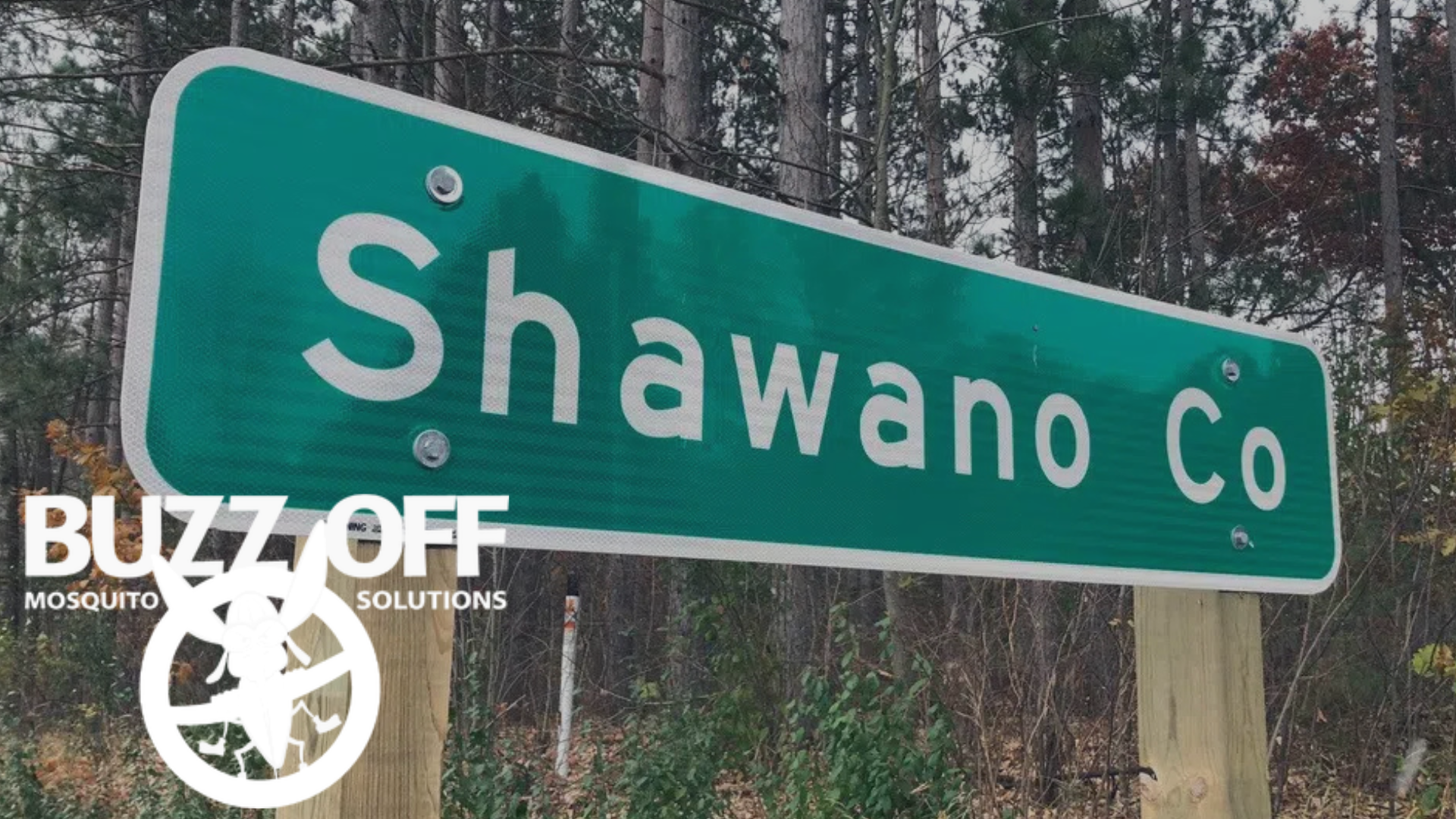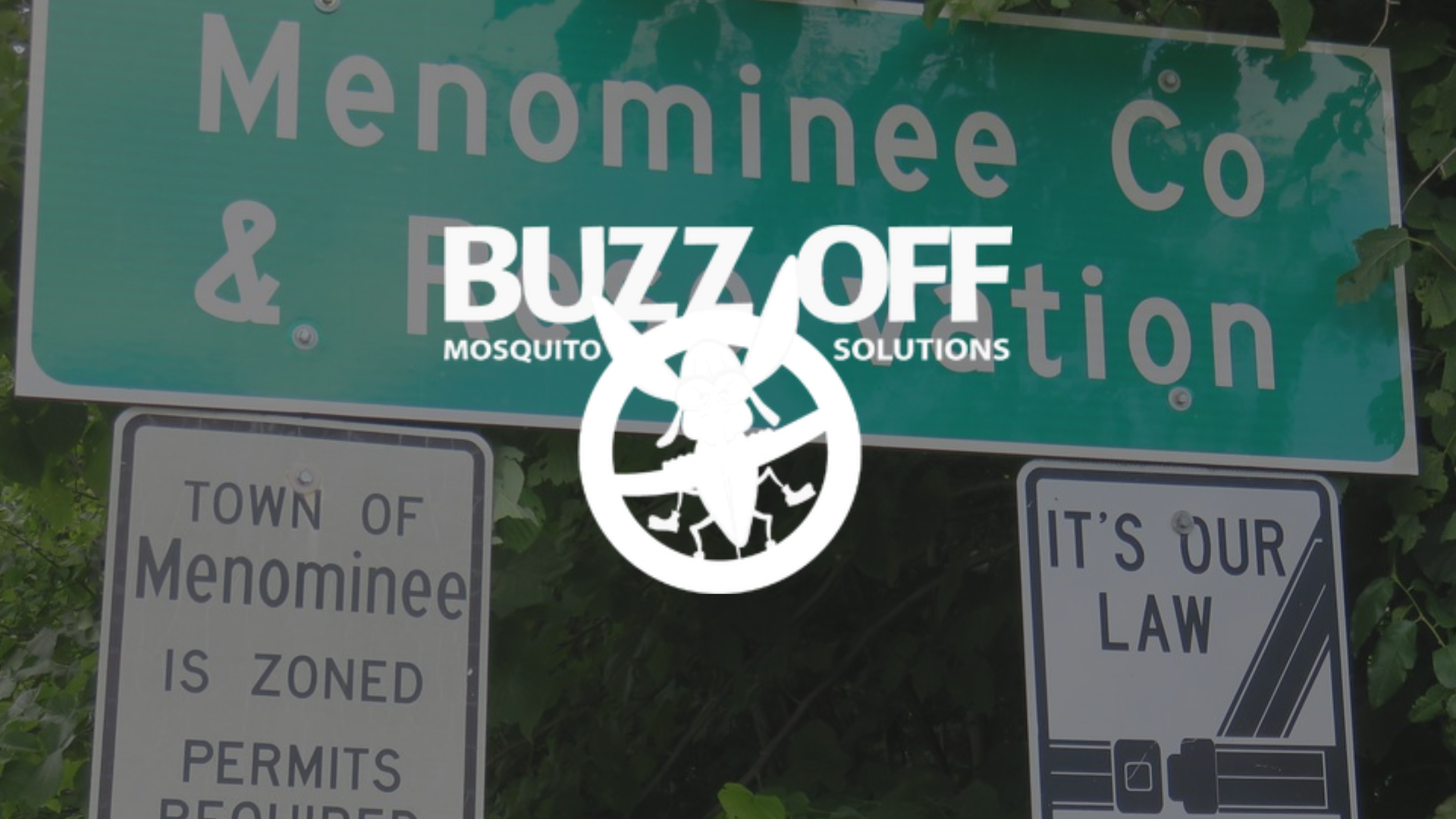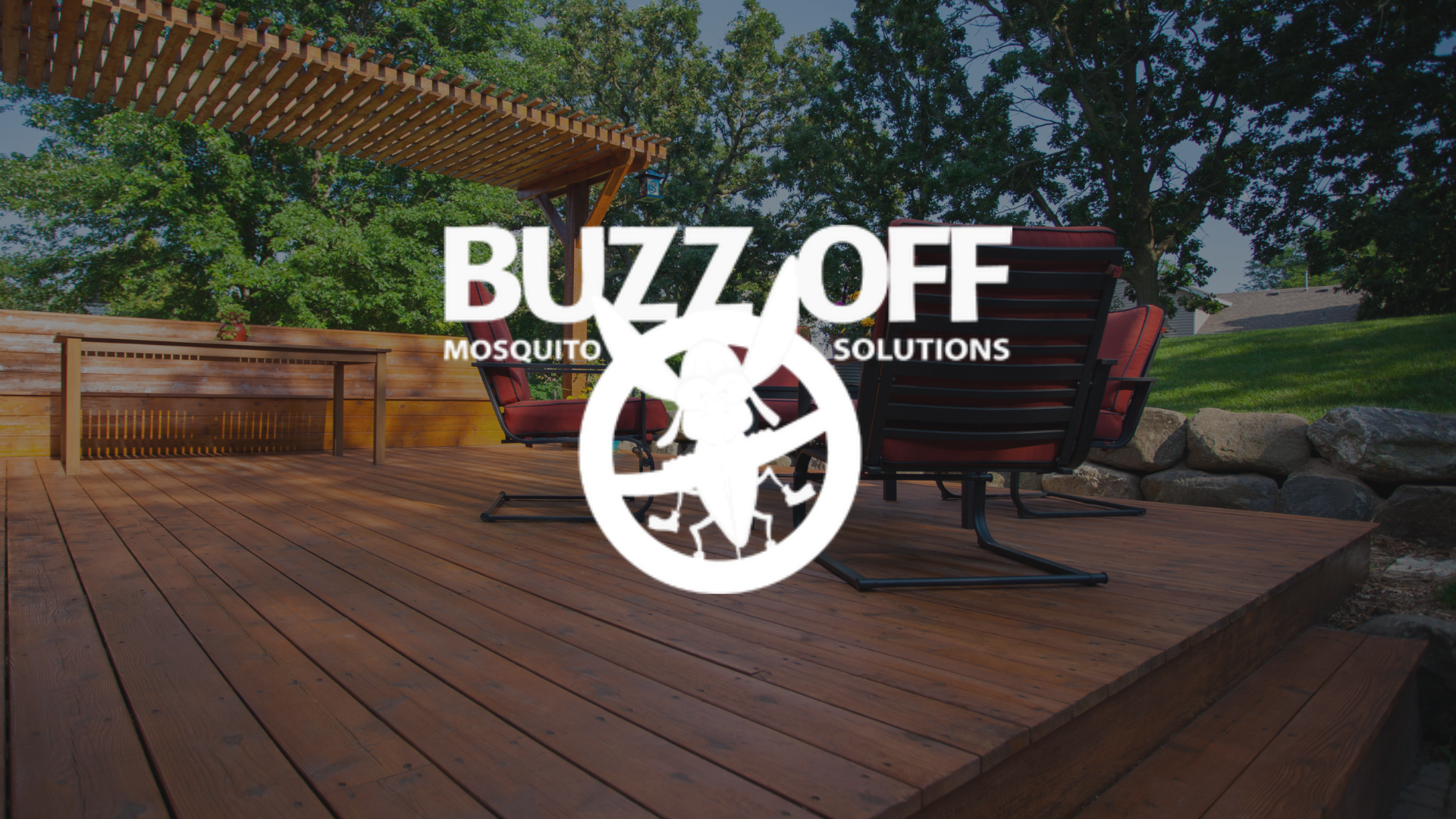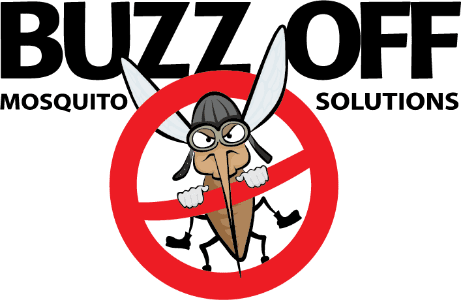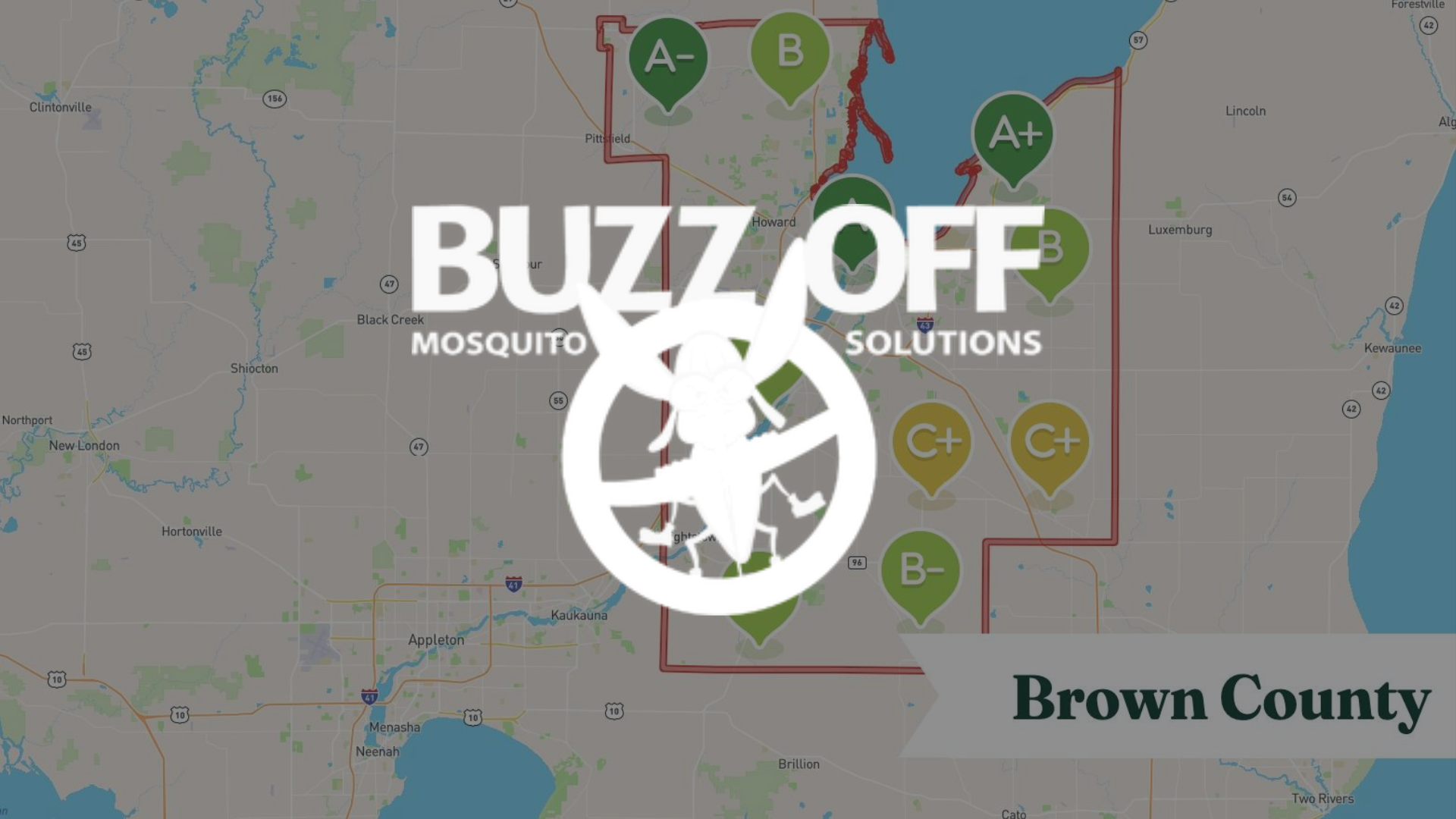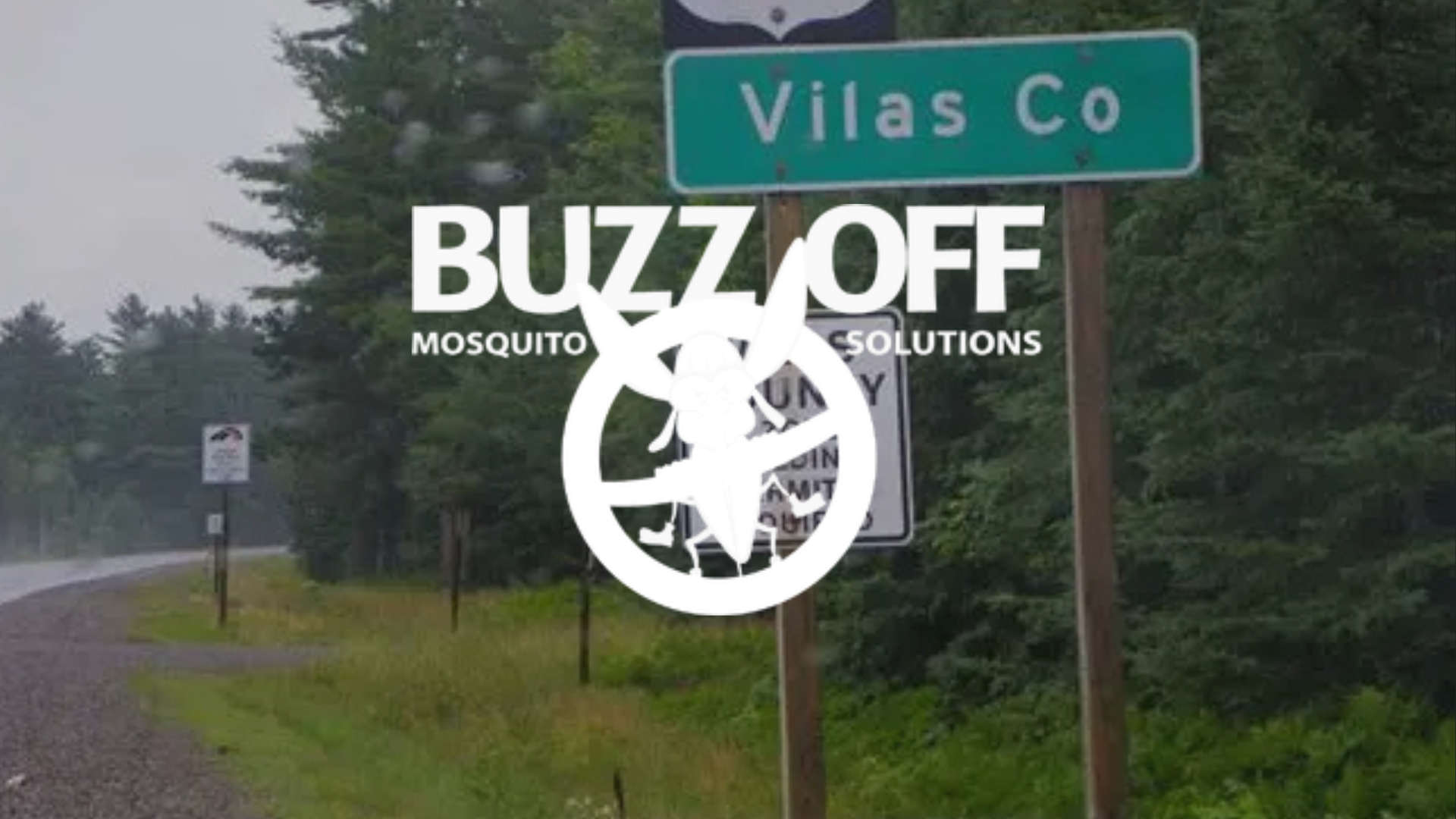Where Do Wisconsin Insects Go In The Winter?
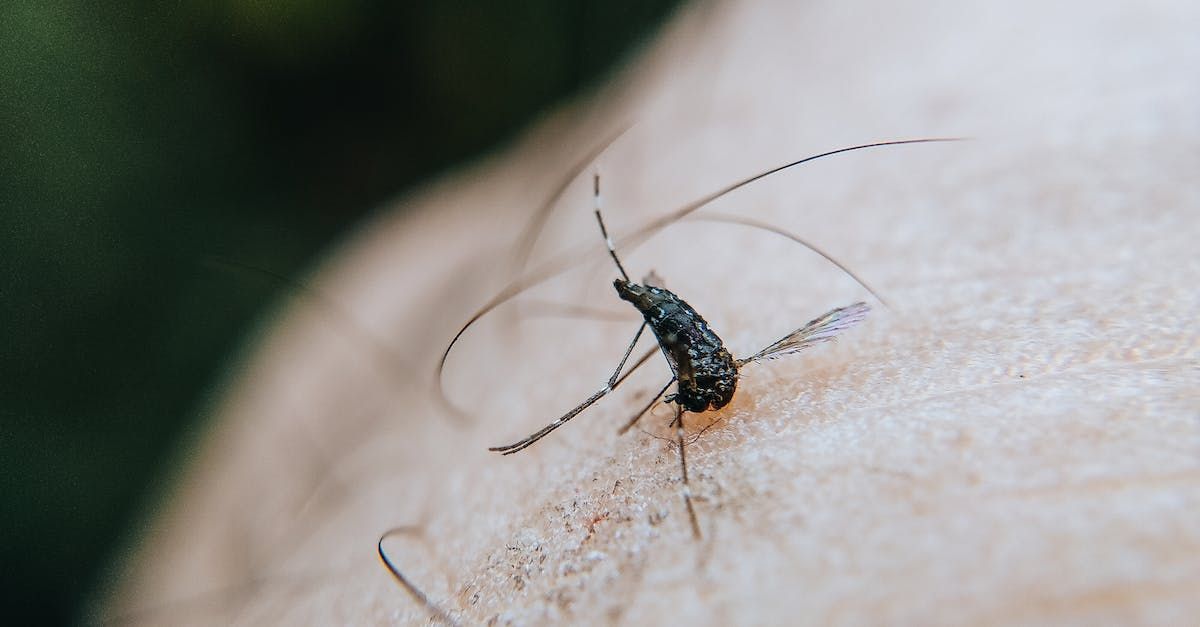
Here in Wisconsin, winter temperatures can get really cold. That means we can enjoy the winter without the threat of mosquitoes or other pests. But where do mosquitoes and other insects go in the winter and why do they seem to come back so fast next year? Keep reading to find out.
How Do Insects Survive The Winter?
Freezing temperatures are deadly to most insects. That’s because insects are exothermic creatures, which means they can’t regulate their own body temperatures. So in order to survive the harsh Wisconsin winters, insects have developed several ways to deal with the winter weather.
The first method is to leave the state for a warmer climate. A great example of this is the monarch butterfly, which migrates south in the fall and overwinters in Mexico. In the spring, the monarch populations make their way back north. Pests such as armyworms, earworms, potato leafhoppers, and some grain aphids do not survive the winters in Wisconsin. Instead, they reproduce in southern states and move north with spring weather allowing them to move back north.
What Insects Can Survive The Winter?
Insects die in winter because ice crystals form in their cells, causing them to burst. However, there are some incredibly adaptive insects that have learned to cope with the harsh northern winters. These insects actually produce an anti-freezing protein that prevents their blood and organs from freezing.
There are other insects that accumulate antifreeze in their cells before winter. The antifreeze is composed of cryoprotectants that lower the freezing point of the blood and organs, preventing the formation of ice crystals.
Once an insect survives the winter, it must emerge, feed, and eventually reproduce. Usually, the first objective for an emerging insect is to find food. Emergence dates usually coincide with the green-up of certain crops, aiding in the insects’ development. Until a source of food is found, insects must live off of fat reserves stored in the body from the previous year.
Mosquito Prevention in Winter
Think of winter as a clean slate. There are no more insects to worry about until spring. But if you dread the thought of being hunted by mosquitoes next year there is something you can do about it. Yes, even in the dead of winter you can still control mosquitoes, even if they aren’t active.
By implementing winter mosquito control methods, you can prevent these pests from ruining your spring and summer.
Remove Standing Water
We should all know by now that mosquitoes need standing water to lay their eggs. In the winter, all standing water will be frozen, but certain species of mosquitoes can survive under ice and eggs can survive in a kind of suspended animation until spring warms them up again. If you have any areas of frozen standing water in your yard, break them up and remove them. Leave it in the open where it can melt and be exposed to predators.
Standing water can be found in flowerpots, birdbaths, patio furniture, ditches, gutters, tire swings, grill covers, and other objects that can retain water.
Bottom Line
Pests have developed some unique ways to survive and continue the species. The next time you think that winter has killed off all the insects, think again. They are just waiting under your feet until spring arrives. This is why spring pest control is so important to the health and fitness of your lawn and plants.
For Mosquito Control and Flea and Tick Control, Call The Pest Control Experts At Buzz Off
Get your yard and home protected this spring with pest control solutions from Buzz Off Mosquito Solutions. Our trained professionals have years of experience battling mosquitoes and other Wisconsin pests and know what they are doing. We have a variety of pest control services including mosquito, fly, and flea & tick control services. We offer our mosquito control program to both residential and commercial customers.
At Buzz Off, we specialize in mosquito eradication. We have years of experience in dealing with these pests and utilize top-of-the-line mosquito control products that we guarantee will wipe your yard clean of these annoying pests. We start by visiting your yard to understand your situation better.
Give us a call at (715) 281-3289 or send us a short message here. Don’t forget to follow our monthly blog for the best mosquito control tips in Wisconsin.
